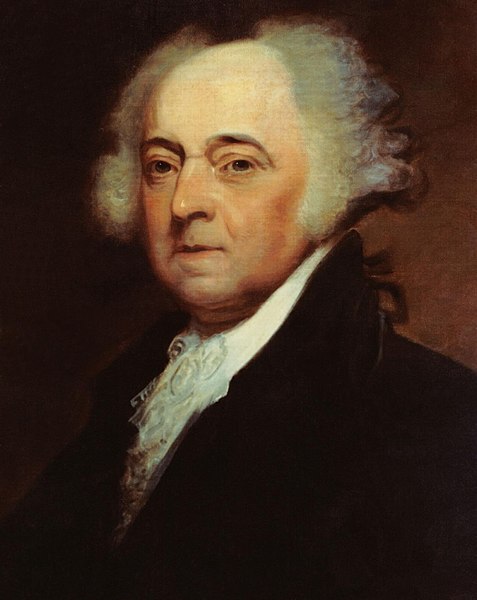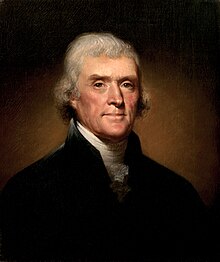
The First Barbary war was a war between the United States of America and Barbary States from 1801 to 1805. During this time period US shipping was being terrorized by pirates supported from several states in North Africa. These captured American seaman were thrown into slavery and their cargo was taken by the pirates. When Thomas Jefferson was inaugurated in 1801, the Pasha of Tripoli demanded $225,000. Jefferson refused and the Pasha declared Tripoli at war with the U.S. on May 10, 1801. There was never a formal declaration of war by the but the American Navy immediately partnered with Sweden to blockade Tripoli. American blockade continued through 1803.The USS Philadelphia was captured in October 1803 and turned against the U.S. In 1804 the U.S. Navy destroyed the USS Philadelphia by burning it to prevent it to be used against them. The city Derna of Tripoli was captured by the first U.S. Marines in the Battle of Derna in May 1805. A treaty to end hostilities was signed by Tripoli the next month. The U.S. still had to pay for the release of American hostages. $600,000 was paid called a ransom.
On June 22, 1807, the American frigate Chesapeake was stopped by the British ship Leopard for inspection for possible deserters. The Chesapeake’s captain refused and the British opened fire, damaging the ship. The American ship was boarded and four accused deserters were forcibly removed. This occurred of the coast of Norfolk,Virginia. The event led tensions between Britain and was a leading event to the war of 1812. Jefferson passed the Embargo Act in 1807 against Britain and France in response violations of U.S. neutrality.




